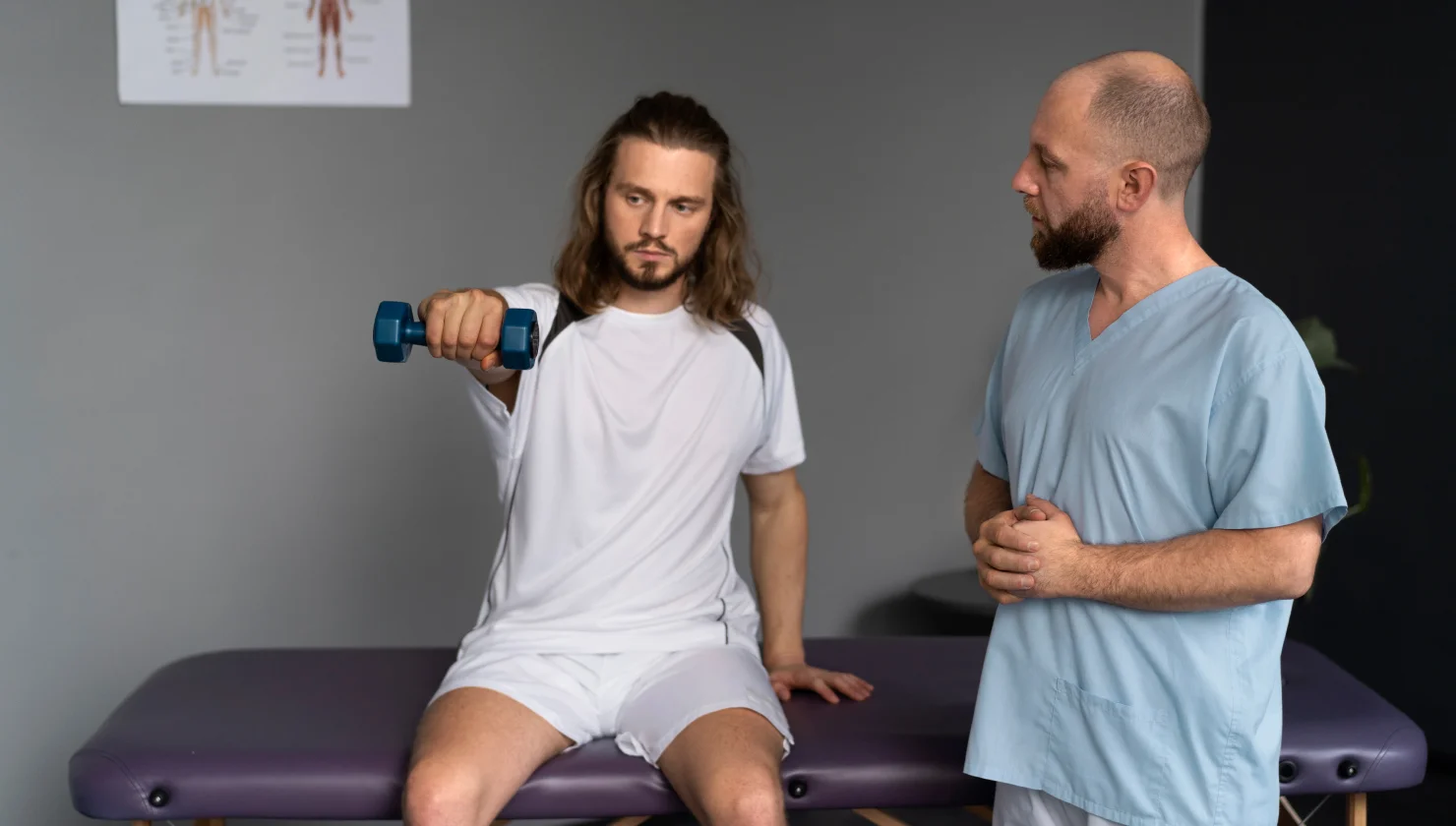Recovery isn’t just physical—your mental health plays a crucial role too. Learn how addressing emotional well-being can lead to faster, more effective rehabilitation outcomes.
Physical rehabilitation is vital for individuals recovering from injuries, surgeries, or chronic conditions. While the focus is often on the physical aspects of recovery, mental health plays an equally critical role in the success of rehabilitation. Understanding and addressing the psychological factors influencing recovery can significantly enhance patient outcomes.
The Connection Between Mental and Physical Health
Mental and physical health are closely connected. Stress, anxiety, and depression can slow the rate of healing in the body. Negative emotions may reduce motivation to participate in treatment, disrupt sleep, and even suppress immune function—thereby delaying recovery.
On the other hand, positive mental states increase compliance with treatment regimens and promote motivation to engage in therapy.
Explore how our Tele Consultation services can support both your physical and mental recovery »
Common Mental Health Challenges During Rehabilitation
- Depression:
Patients may feel frustrated, hopeless, or overwhelmed by the long recovery time. This can lead them to withdraw or stop participating in rehabilitation. Low Self-Efficacy:
Believing that one cannot achieve recovery goals can demotivate patients, slowing overall progress—especially in cases like sports injury recovery or post-surgical rehabilitation.Anxiety & Pain:
Pain is a vicious cycle: physical discomfort increases stress, and stress amplifies pain, making it even harder to recover.
How Mental Health Support Enhances Rehabilitation Outcomes
Higher Compliance:
Patients with stable mental health are more motivated and willing to turn up for therapy and complete assigned home exercises.Pain Management Strategies:
Tools such as guided meditation, relaxation techniques, and elements of CBT (Cognitive Behavioral Therapy) help patients better manage pain and stay focused during recovery.Shorter Rehabilitation Periods:
Optimism and resilience, key aspects of mental well-being, have been found to enhance both the rate and quality of physical recovery.A Multi-Dimensional Approach:
When the emotional state is treated alongside the physical ailment, outcomes are more sustainable and often achieved more quickly.
Conclusion
Physical rehabilitation is not just a journey of rebuilding strength and mobility; it’s also about fostering emotional resilience and mental stability. By recognizing and addressing the vital role of mental health, we can ensure more effective, sustainable recoveries for our patients.








